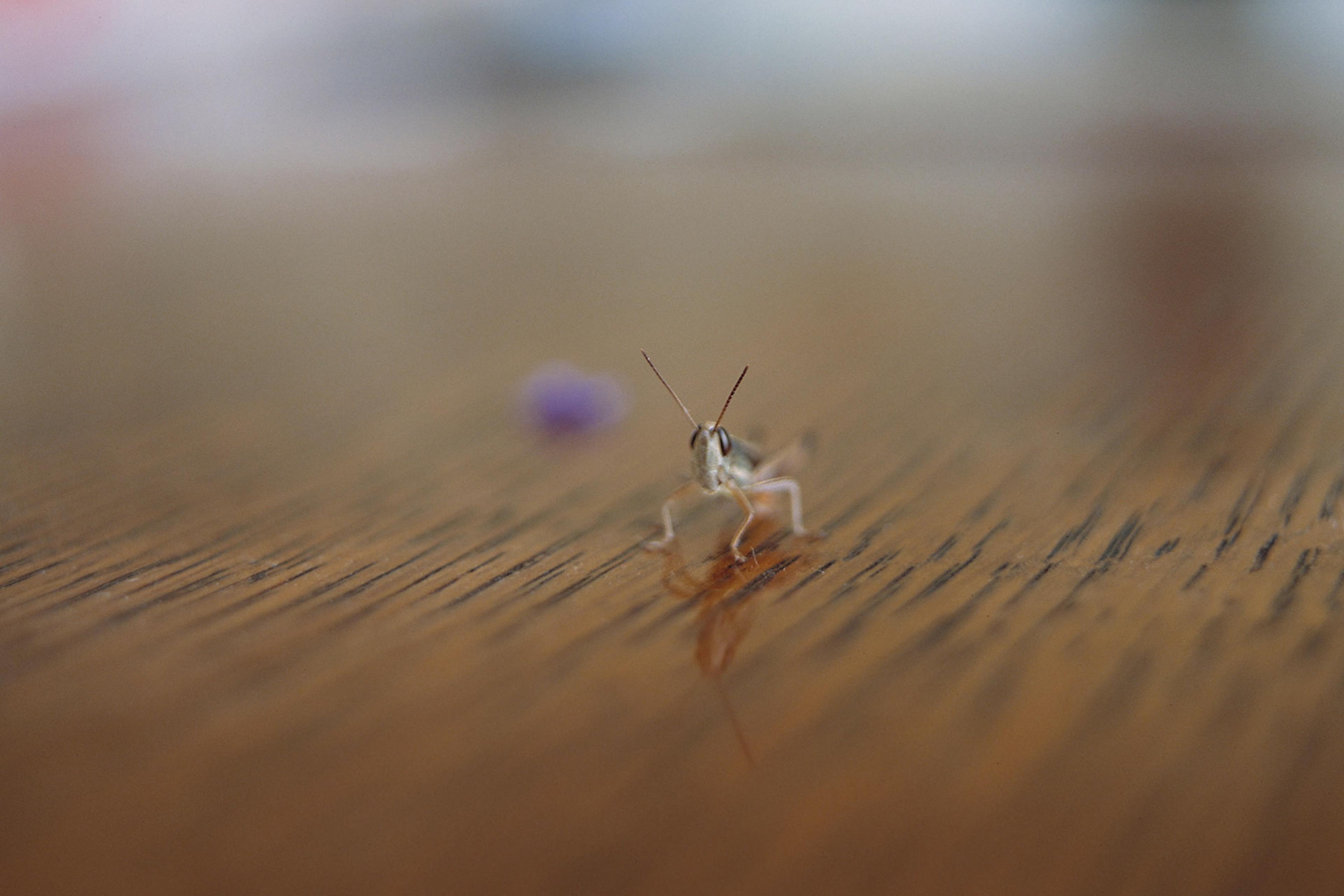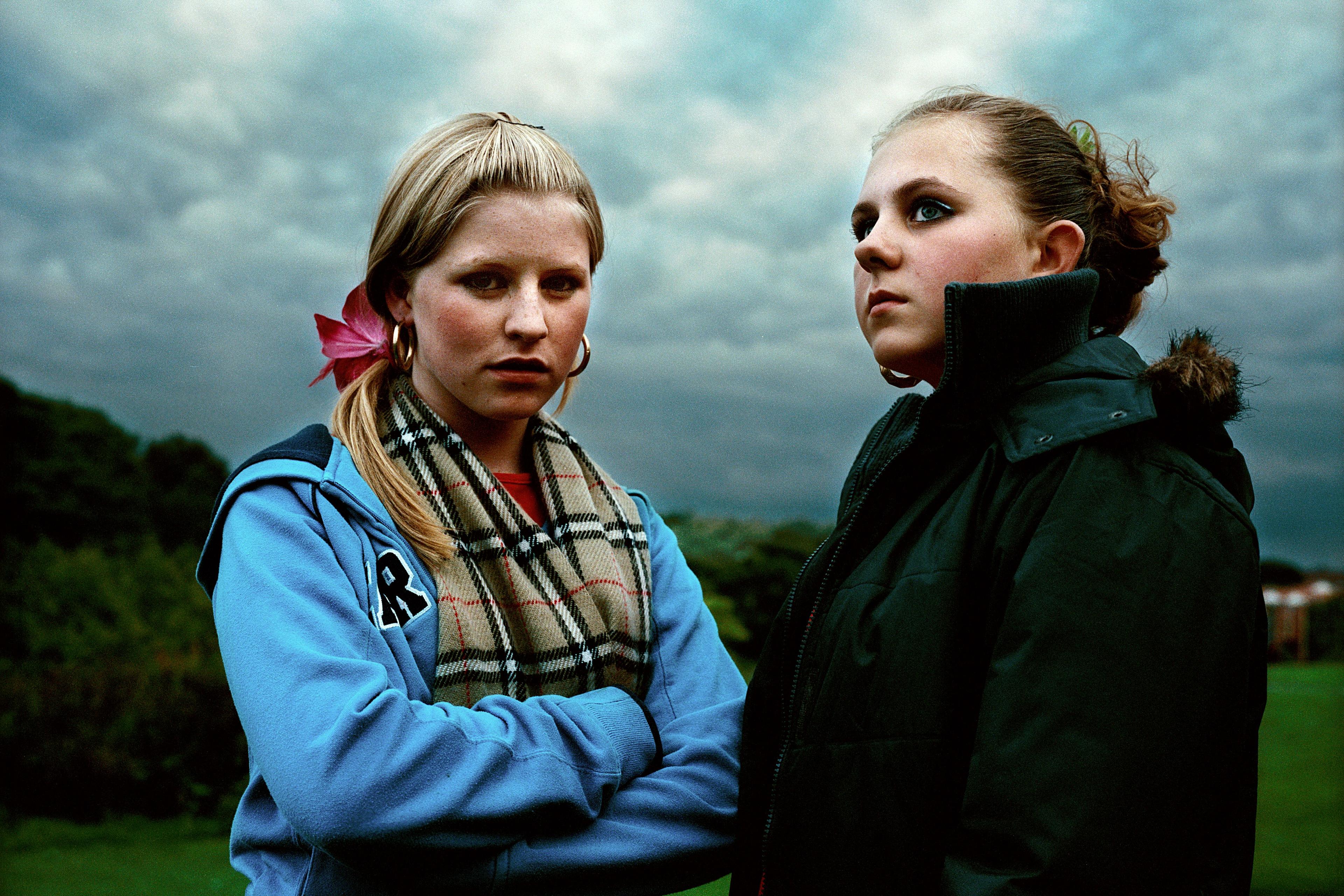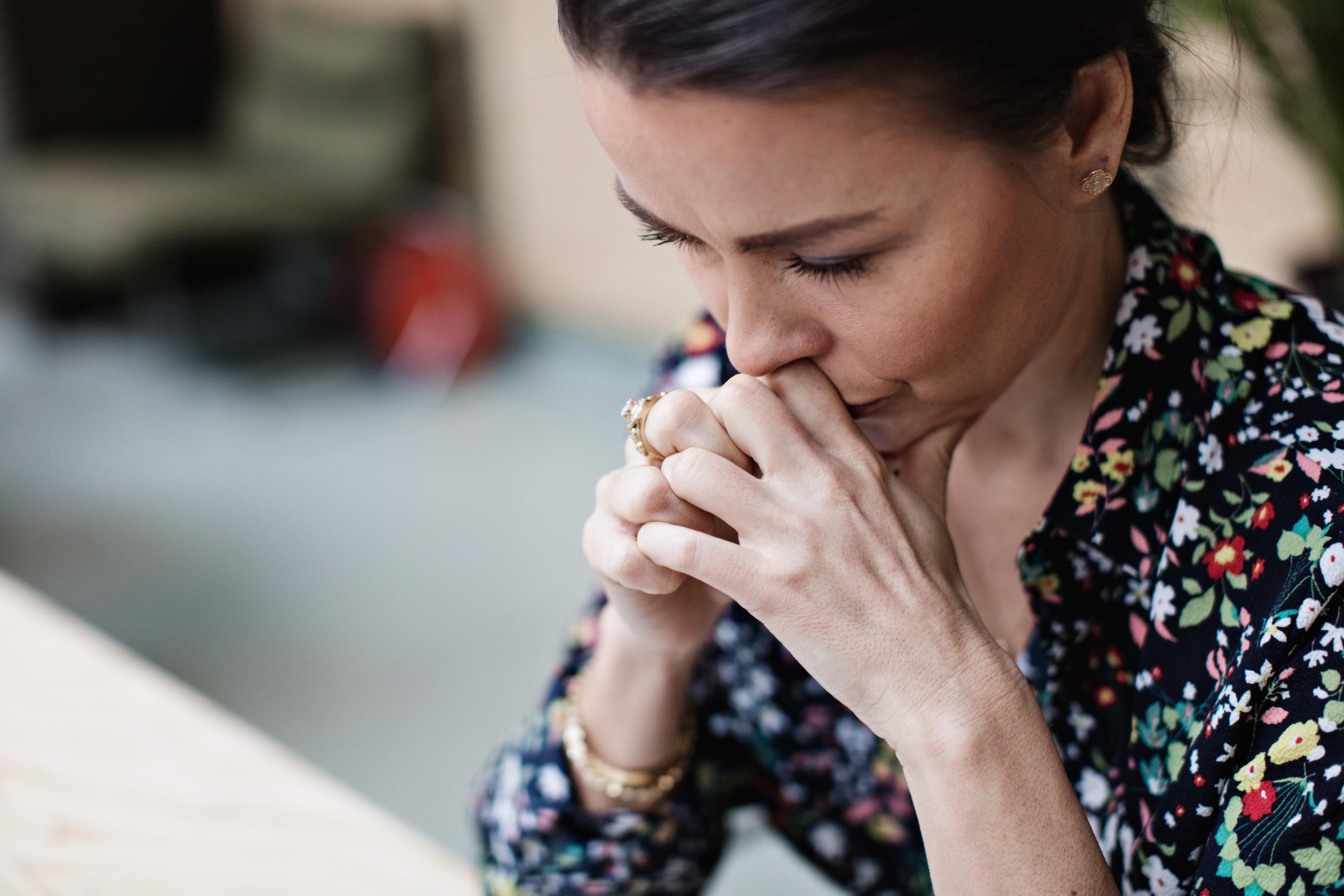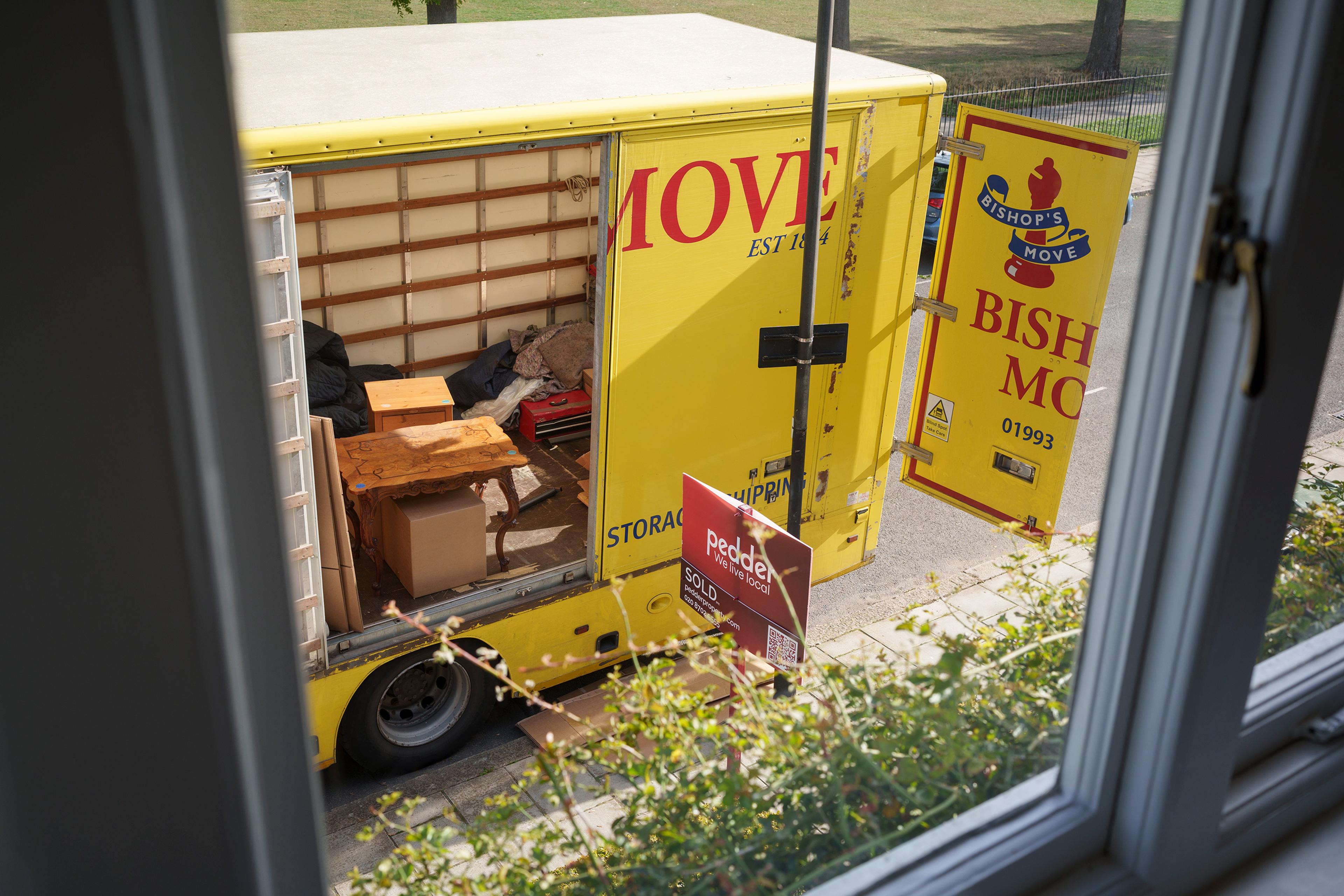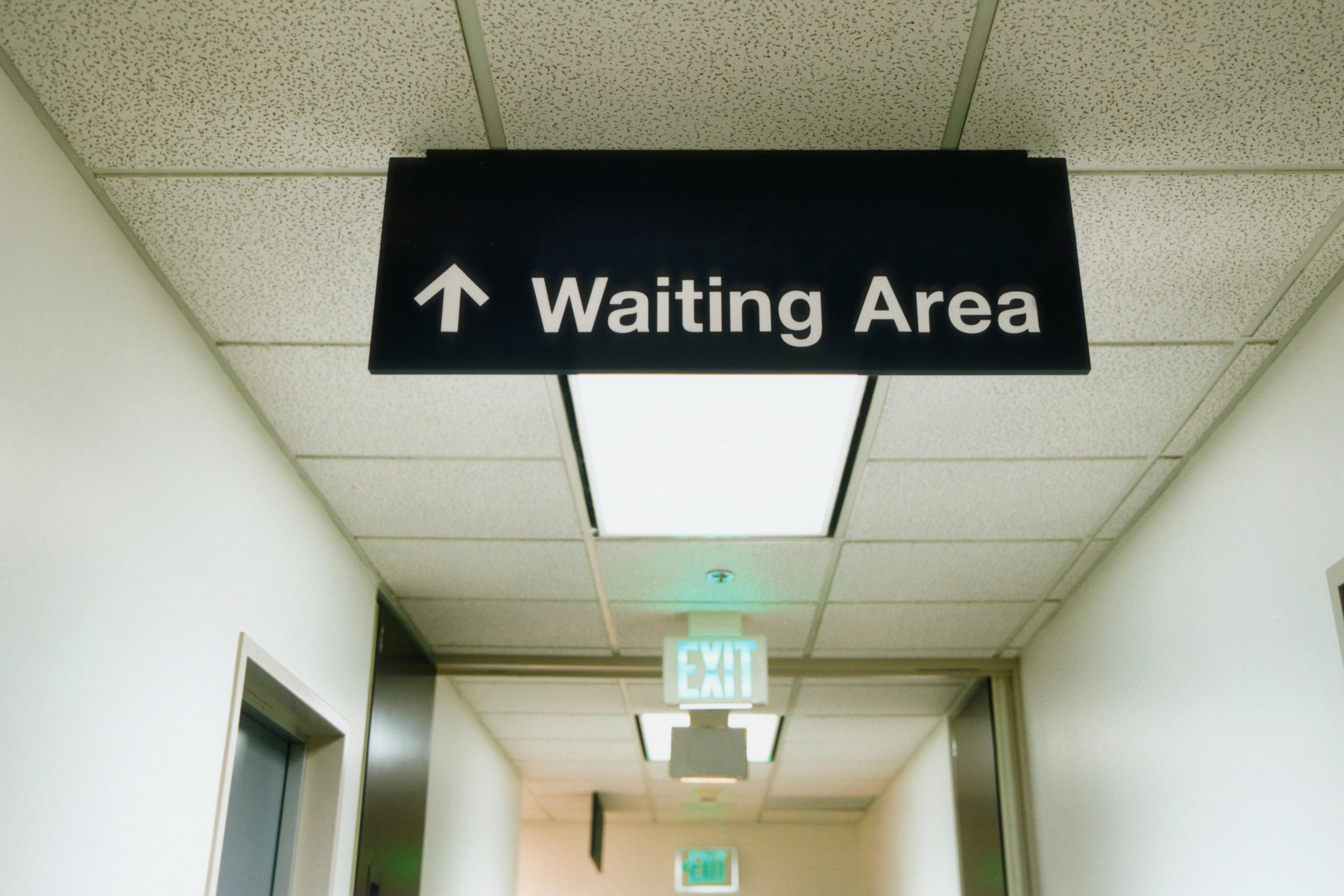Samantha sits down to complete her mathematics homework, but she’s thrown by the first question. She vaguely remembers this type of problem being covered in class, but she’s not sure where to start. She picks up her phone to check Instagram, and, next thing she knows, she’s scrolling through YouTube and TikTok. An hour passes by, and her assignment lies in front of her untouched. Is this a sign that she’s a lazy student? Perhaps she has attention deficit hyperactivity disorder? Or is there something else going on?
Researchers have known for some time that your attitude towards your own skills and abilities will affect how you behave in this kind of situation. The psychologist Carol Dweck’s research has shown that those with a growth mindset – who believe that intelligence is malleable, and skills can be developed – will respond more favourably in challenging situations. In contrast, those with a fixed mindset, who believe that intelligence and abilities are unchangeable, are more likely to give up quickly when things get tough.
Less attention has been paid to the attitudes that people have towards their emotions. But my colleagues and I have found that individuals also have differing beliefs about how changeable or fixed their emotions are, and that this makes a big difference to how they respond when those feelings arise.
We’re particularly interested in the fixed and growth mindsets that people have about anxiety. We’ve found that people with a fixed mindset towards anxiety tend to see it as a fundamental part of who they are, and something over which they have no control; whereas those with a growth mindset tend to see it as a temporary (albeit unpleasant) emotion that they can cope with. Importantly, it’s not simply that people prone to experiencing more severe anxiety are those with fixed mindsets: people with varying degrees of anxiety can have both fixed or growth mindsets.
Our research has shown that those who believe that anxiety can change, either on its own or through the use of coping skills, are more likely to respond adaptively to difficult situations, compared with those who believe that anxiety is more permanent. For instance, those who believe that anxiety can change are less likely to use unhelpful coping strategies, such as alcohol, self-injury or emotional avoidance when faced with difficult life events. Instead, they’re more likely to sit with uncomfortable feelings and challenge their thinking in order to feel better. I’ve also found in my clinical work – backed up by research – that individuals with a growth mindset towards anxiety have greater improvements in therapy than those who believe their anxiety is fixed.
With these anxiety attitudes in mind, we can examine what happens when people get stuck on something, like Samantha. I call these ‘moments of not knowing’: when you’re doing something new such as learning different software at work, deciphering a foreign bus timetable, or assembling flatpack furniture. You realise that you don’t know how to do something easily, and that you must learn something new. These are perfect scenarios in which to study anxiety mindsets, because these moments bring up negative feelings for all of us – but people differ in how they respond to those feelings.
In fact, my interest in these moments of not knowing came from my own experience with writing. As a clinical psychologist, I write a lot – from research articles to clinical notes to peer reviews of other researchers’ work. And as I write, I often get stuck on words or phrases and how to convey what I mean. In these moments, I experience a rush of anxiety and feel a strong urge to check social media on my phone or get distracted in some other way.
When this happens, I try – although it’s not always easy! – to adopt a growth mindset. I remind myself that it’s completely normal to feel anxious, discouraged and frustrated when encountering failures or when something is more difficult than expected. It’s what we do with those feelings that will dictate whether we take on challenges and end up successfully completing the task.
As a clinical psychologist, I try to help my clients persist in these moments (and I try to do this myself). A lot of people who are anxious in moments of not knowing end up avoiding the task altogether, and this is true of anyone with problematic anxiety more broadly: they tend to avoid situations that make them anxious, so much so that it interferes with their ability to live their lives. Avoidance is understandable: anxiety is unpleasant. It’s also consistent with the so-called principle of least effort, which applies to all living organisms: when given the choice, we will choose the path of least resistance. But avoidance is one of the worst things you can do, because it maintains anxiety in the long run.
One of the most studied treatment approaches for anxiety is called exposure therapy, in which individuals are asked to gradually confront the situations or memories that bring up fear and anxiety. Exposure therapy teaches two principles. First, the situation that has been avoided might not be as dangerous as once thought. Second, that the feelings of anxiety and fear are also not as dangerous as once thought, because there are coping strategies that can help deal with these feelings.
This same principle can be applied during moments of not knowing. Persisting in these situations, despite feeling anxious, presents an opportunity to tolerate uncomfortable feelings, acknowledging that they won’t last forever. Continuing to work on the problem will also teach you that you can cope with feeling anxious, even though it feels unpleasant at the time.
Persistence can also help you unlearn any unhelpful thoughts you might have around your abilities and the consequences of getting things wrong. For example, you might have learnt somewhere along the way that needing to try hard or struggling with something new must mean that you’re stupid. Or you might have received the message that you have to be successful the first time you try something, or that mistakes should be avoided at all costs. You might think that not knowing something means that you’ll be excluded from social relationships or are unworthy of being loved by others. All these thoughts can lead you to believe – inaccurately – that not knowing something is dangerous; this is what’s making you feel anxious.
The next time you experience a moment of not knowing, be curious about your feelings, asking questions such as: ‘Why am I feeling this way?’ and ‘What am I telling myself about this situation?’ Self-compassion can go a long way here as well – remind yourself that you’re not faulty, stupid or broken if you don’t understand things right away. Then try breaking down the task into steps or chunks. With my own writing, I find it useful to set timers and work in spurts, especially if I know it’s going to be something that brings up anxiety for me. Writing this article, for instance, was accomplished in many 15- to 30-minute intervals.
I see moments of not knowing as a microcosm of anxiety more generally. The consequences of having a fixed mindset towards anxiety – in fleeting moments and more broadly – can be devastating. Avoidance can mean you miss out on much of life – limiting your growing, learning and opportunities to experience so much on offer in the world. But by persisting with the task at hand, you’ll gradually see that you can do more than you think, that your unhelpful thoughts aren’t true, and that the best way to reduce anxiety is to tackle the very thing you’ve been avoiding doing. The longer you focus, persist, and stay on task – while tolerating those uncomfortable feelings – the more you’ll learn that these feelings don’t last forever but they do come down on their own, which will then start to change those beliefs. As we say in exposure therapy, learning how to confront anxiety is a skill that takes practice, just like learning any new skill.


